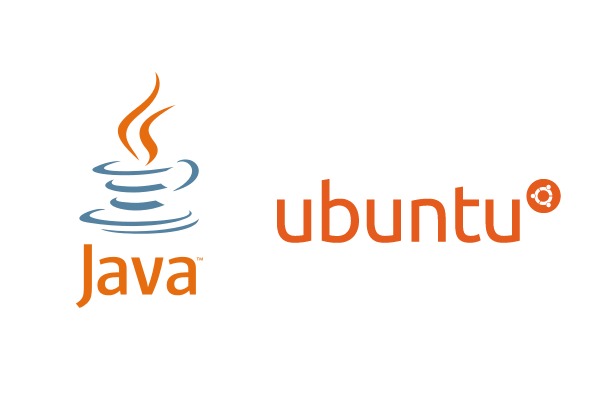

The packages in this PPA are based on the WebUpd8 Oracle Java PPA packages: The packages in this PPA download and install Oracle Java 11, so a working Internet connection is required. Java binaries are not hosted in this PPA due to licensing. Oracle Java 11 (LTS) and 12 installer for Ubuntu, Linux Mint and Debian.

Sudo add-apt-repository ppa:linuxuprising/java Then use the add-apt-repository command to add the repo to your list of package sources: Gpg: key EA8CACC073C3DB2A: public key "Launchpad PPA for Linux Uprising" imported Sudo apt-key adv -keyserver -recv-keys EA8CACC073C3DB2A Next, import the signing key used to verify the software you’re about to install: Sudo apt install software-properties-common Install the software-properties-common package, which adds the add-apt-repository command to your system: Once the file upload has completed, you are ready to install JDK 11. Once the file has been downloaded, you have to upload it to your server. To download the JDK 11 visit this page and download Linux Compressed Archive file. Then you can use apt to install it with help from a third party installation script. To install the Oracle JDK, which is the official version distributed by Oracle, you must create an Oracle account and manually download the JDK to add a new package repository for the version you’d like to use. Oracle’s licensing agreement for Java doesn’t allow automatic installation through package managers. Next, let’s look at how to install Oracle’s official JDK and JRE. Verify that the JDK is installed by checking the version of javac, the Java compiler:

To install the JDK, execute the following command, which will also install the JRE: You may need the Java Development Kit (JDK) in addition to the JRE in order to compile and run some specific Java-based software. OpenJDK 64-Bit Server VM (build 11.0.7+10-post-Ubuntu-2ubuntu218.04, mixed mode, sharing) OpenJDK Runtime Environment (build 11.0.7+10-post-Ubuntu-2ubuntu218.04) The JRE will allow you to run almost all Java software. If Java is not currently installed, you’ll see the following output:Ĭommand 'java' not found, but can be installed with:Įxecute the following command to install the default Java Runtime Environment (JRE), which will install the JRE from OpenJDK 11: Next, check if Java is already installed: To install this version, first, update the package index: By default, Ubuntu 18.04 includes OpenJDK version 11, which is an open-source variant of the JRE and JDK. The easiest option for installing Java is to use the version packaged with Ubuntu. When you’re finished, you’ll be able to use the JDK to develop software or use the Java Runtime to run the software. You’ll then select the version you wish to use for your projects. You’ll install OpenJDK as well as official packages from Oracle. In this guide, you will install various versions of the Java Runtime Environment (JRE) and the Java Developer Kit (JDK) using apt.


 0 kommentar(er)
0 kommentar(er)
